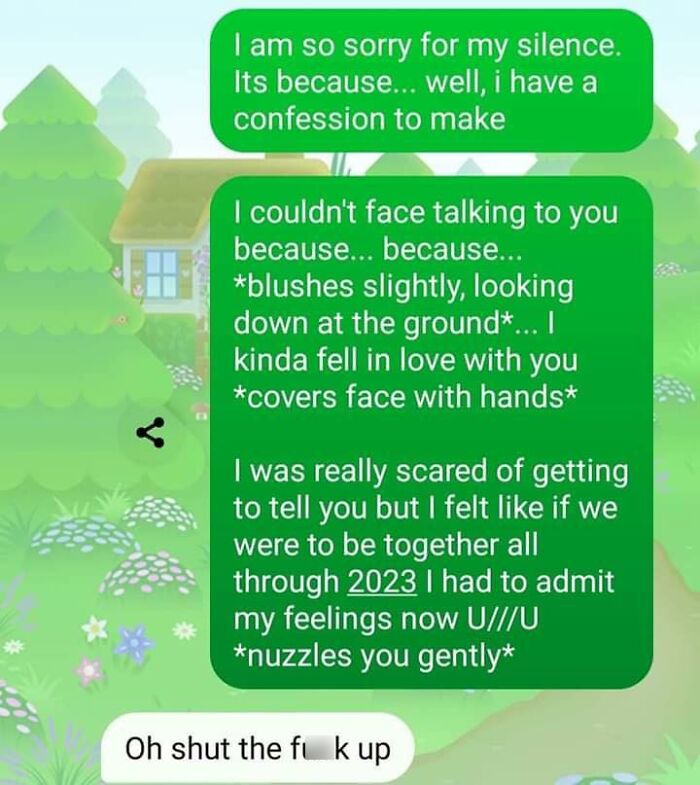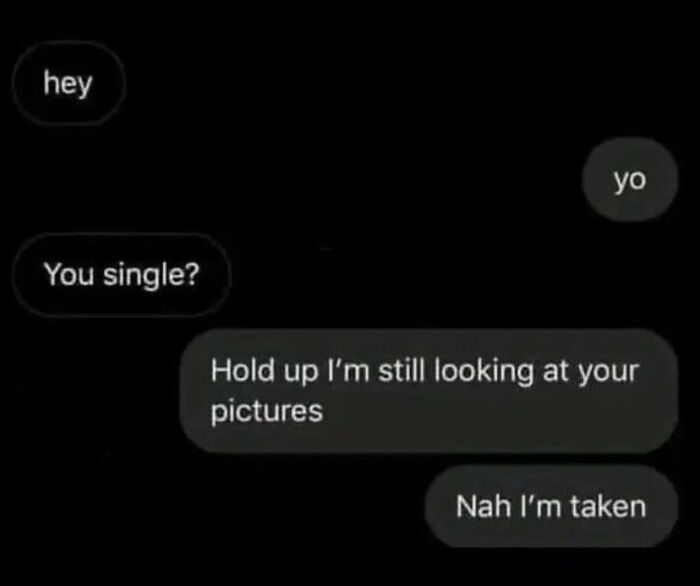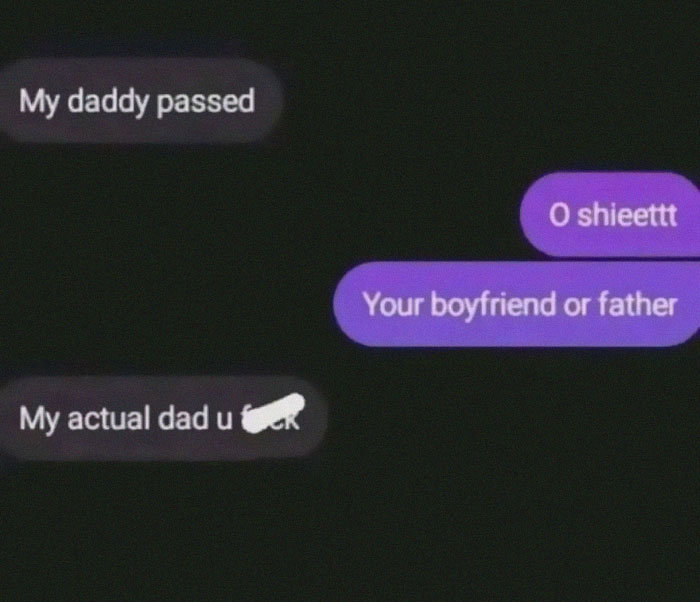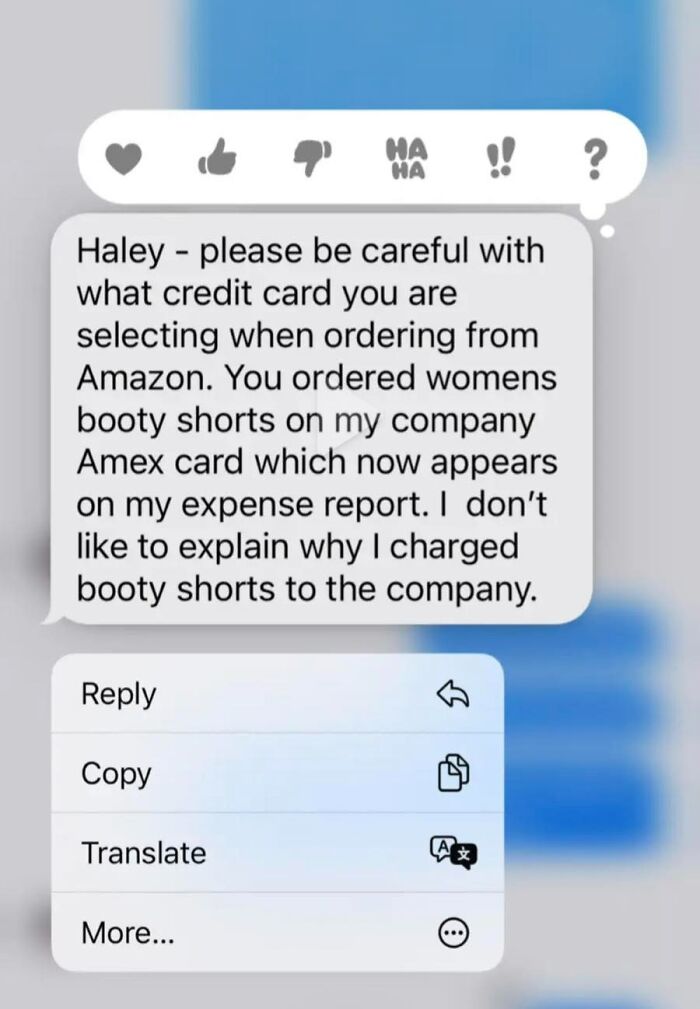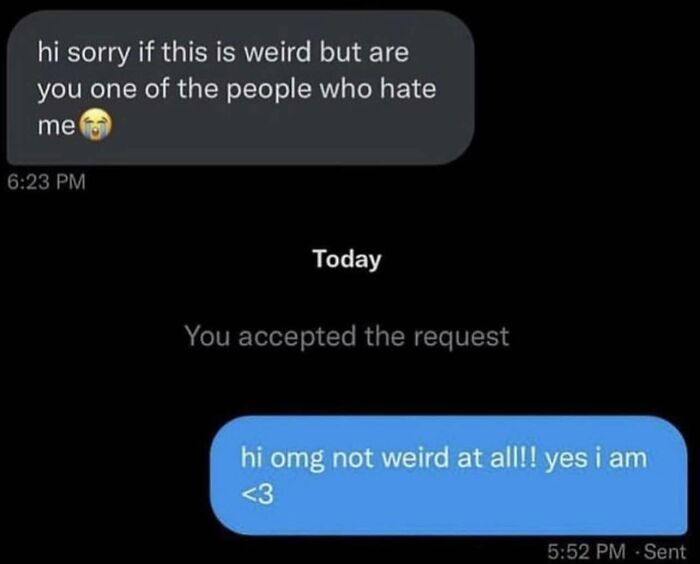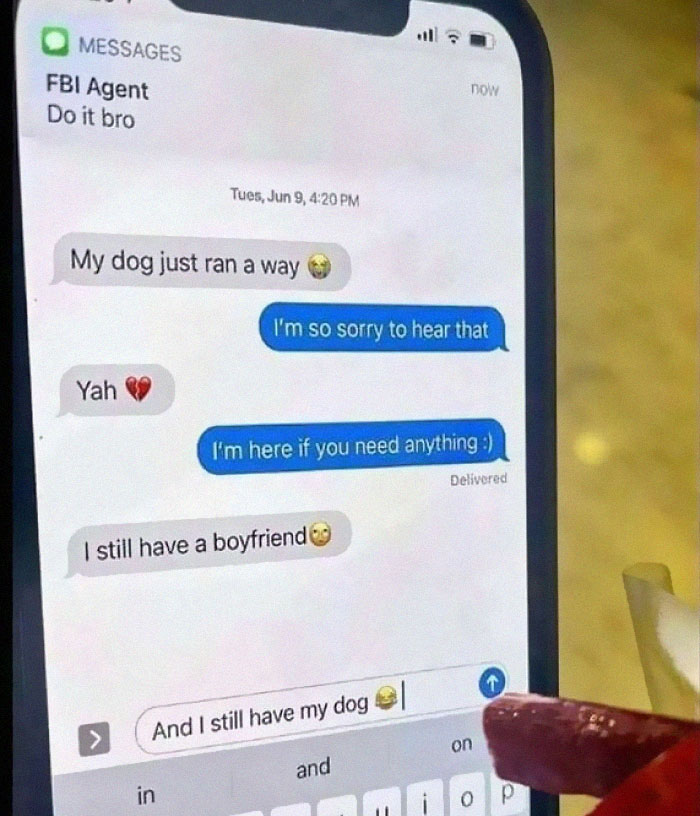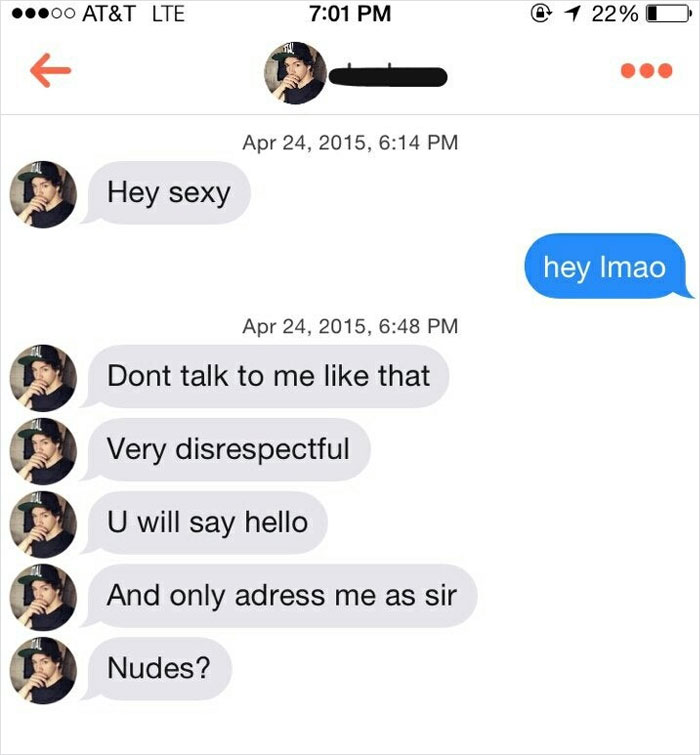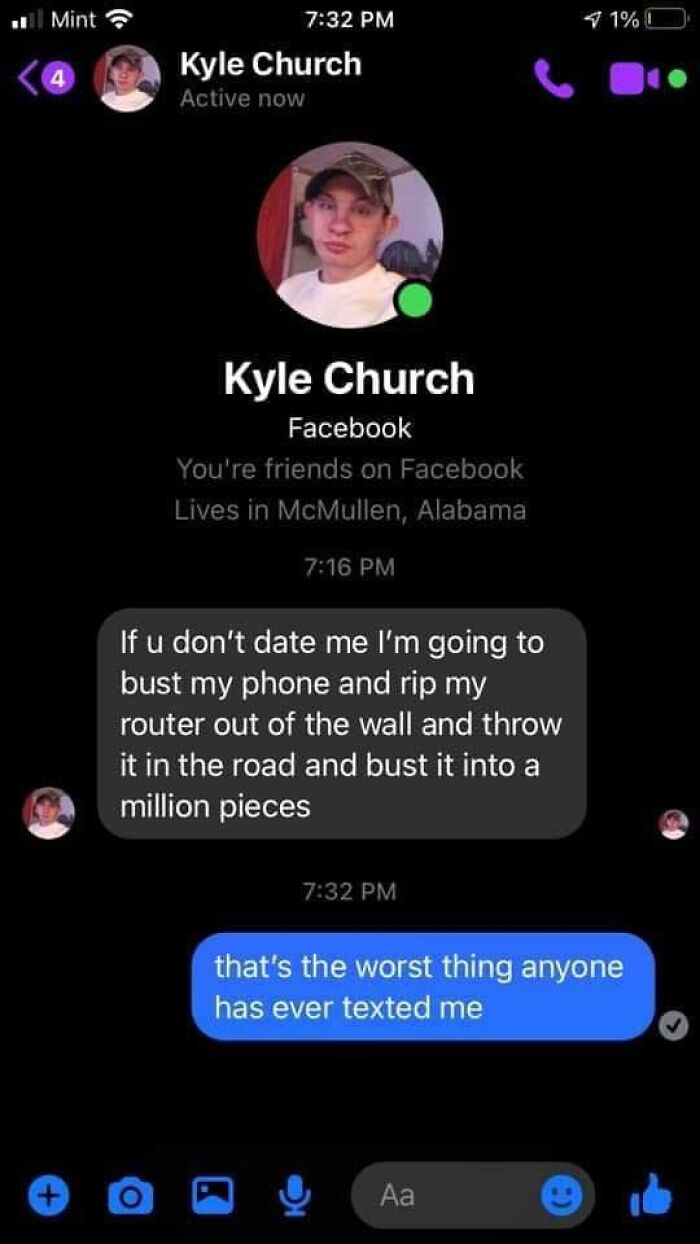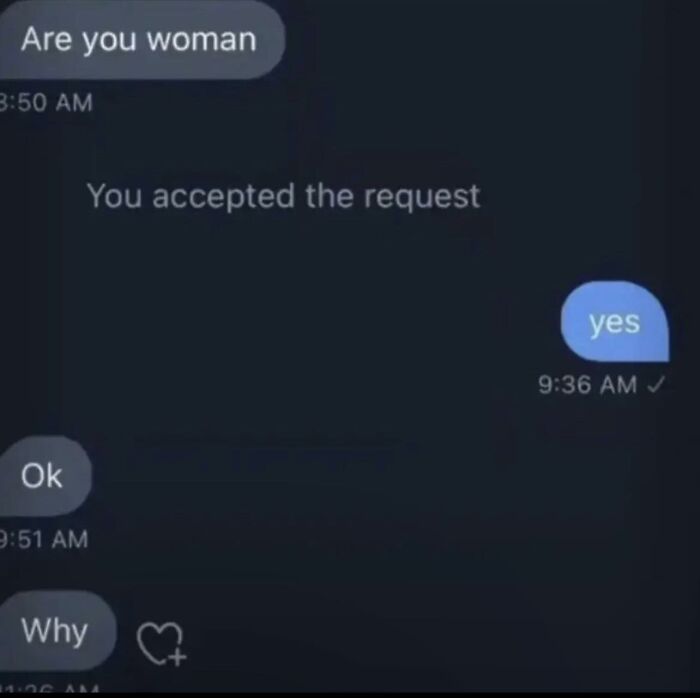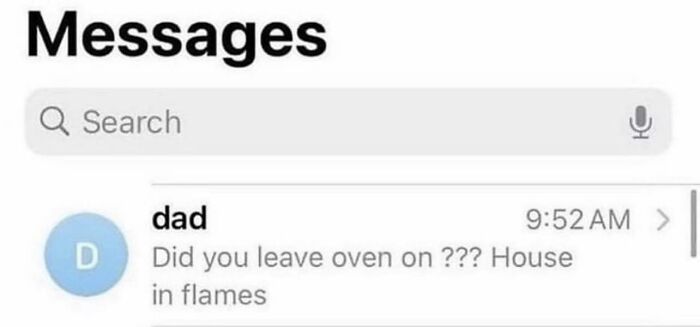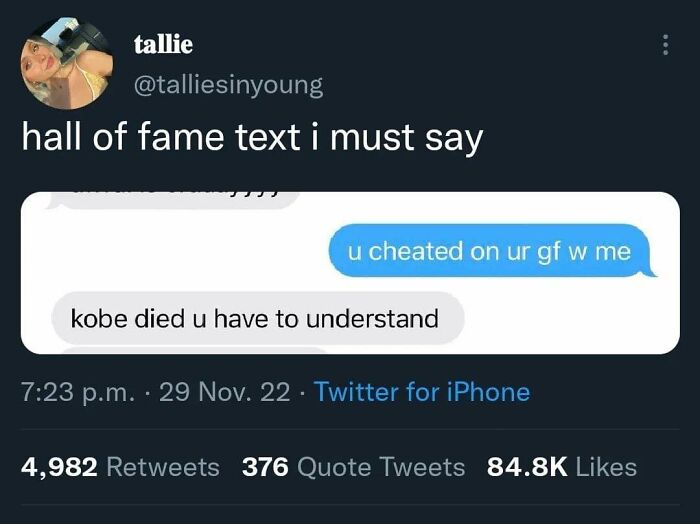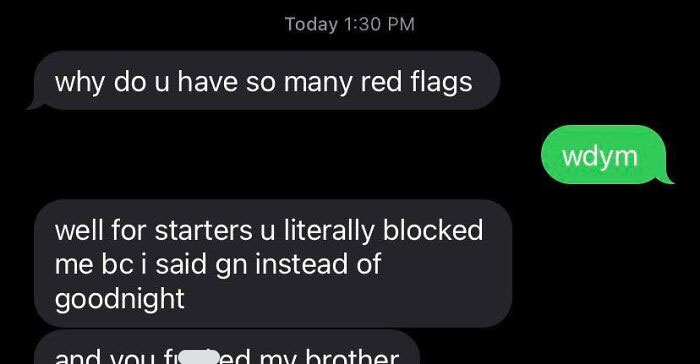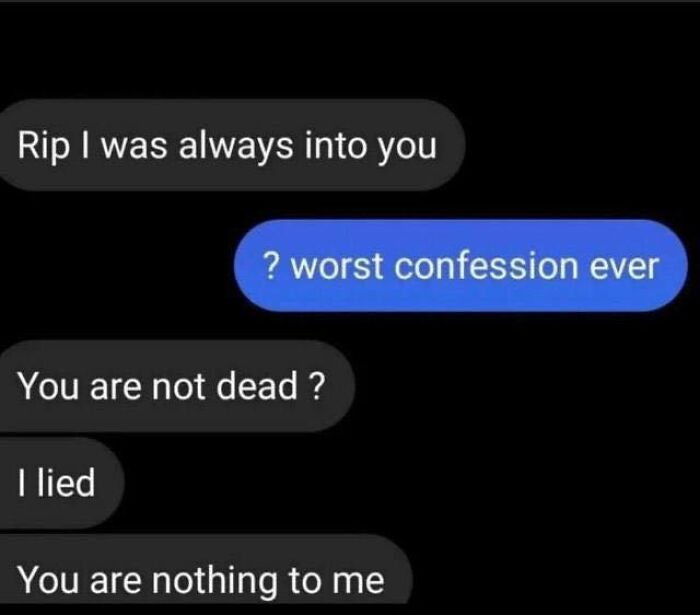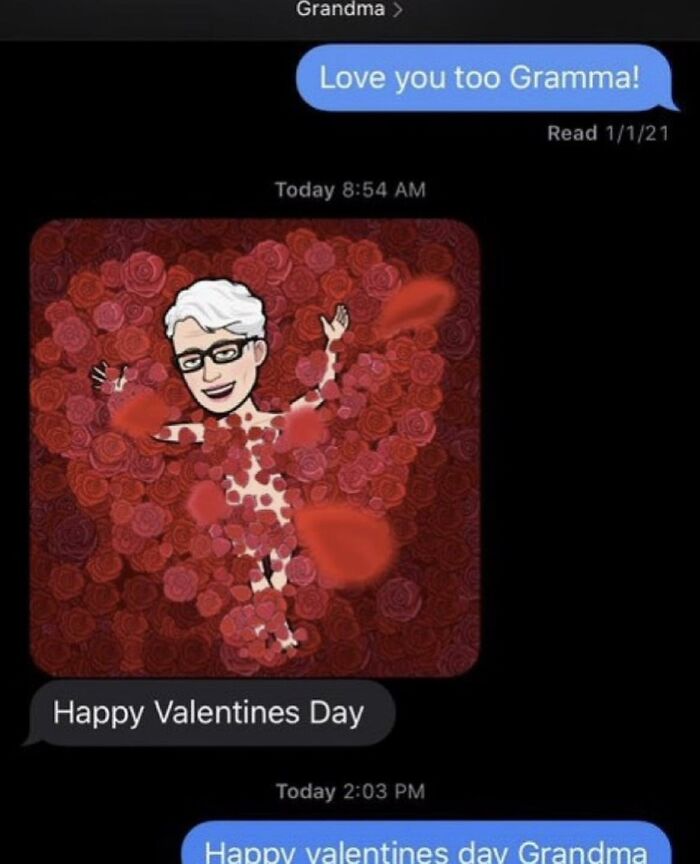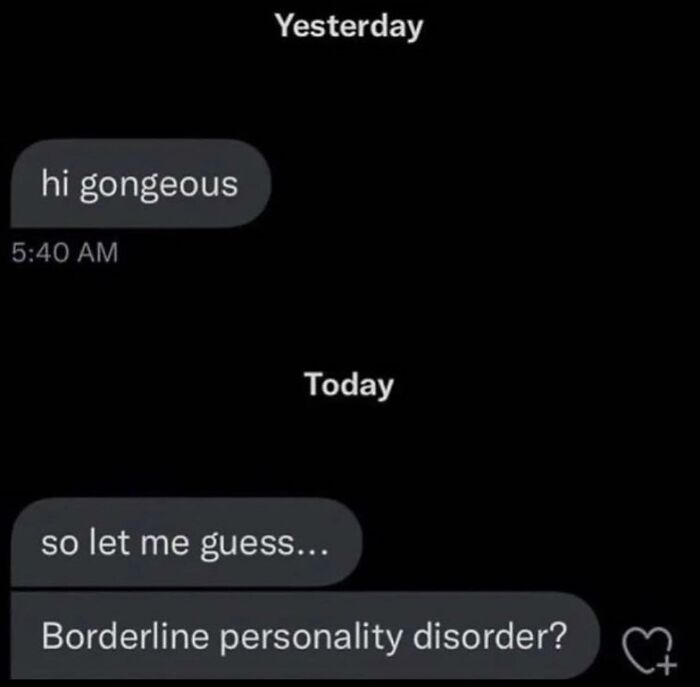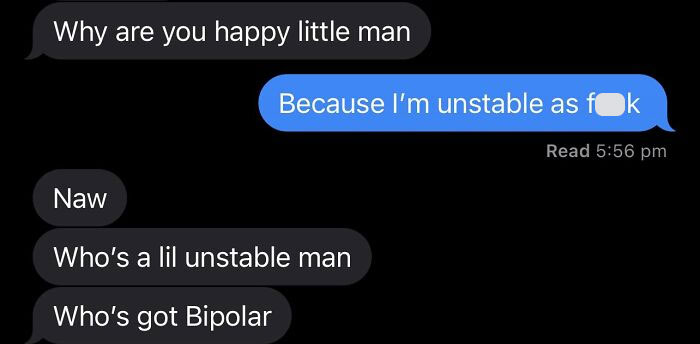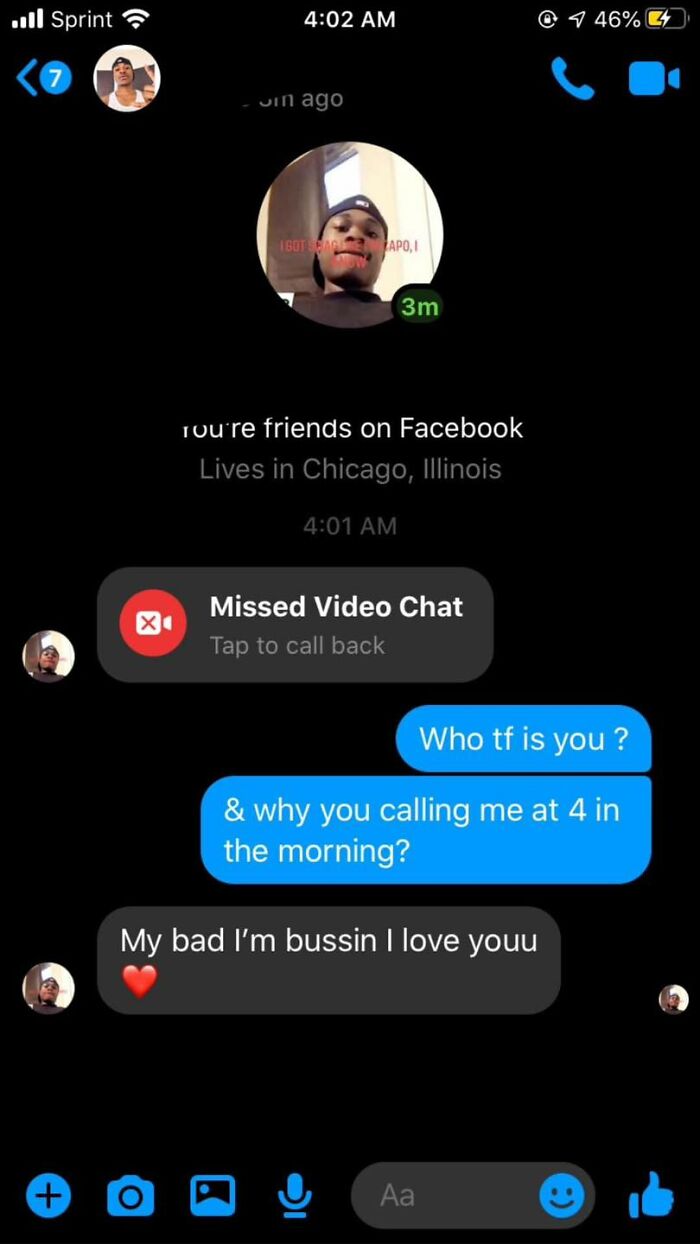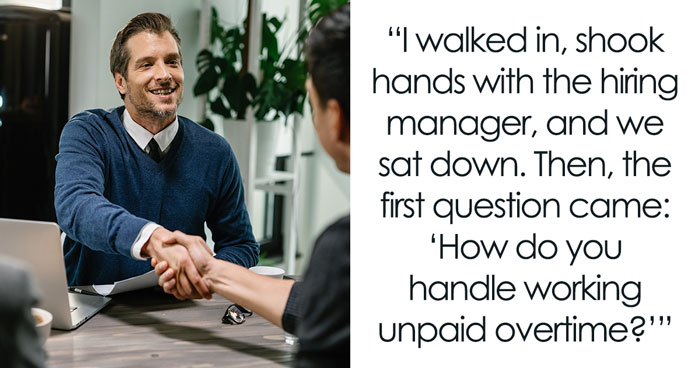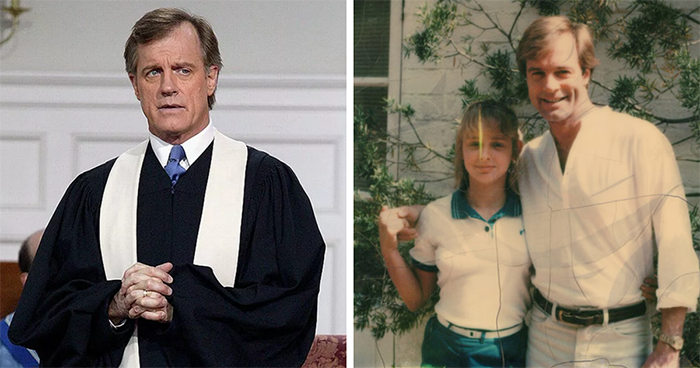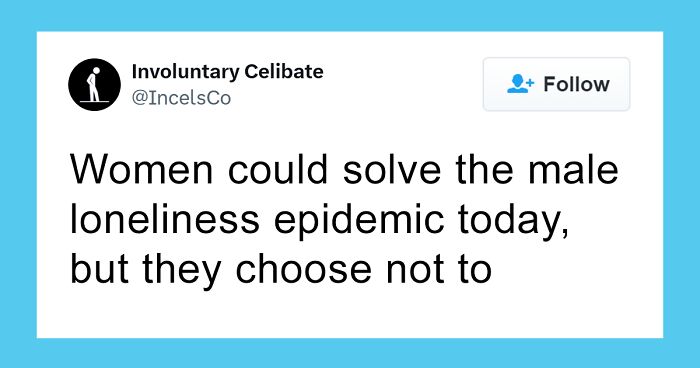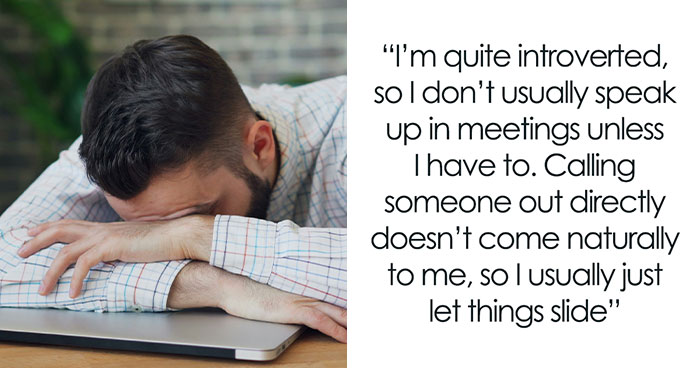
50 Iconic Messages That Were Forever Immortalized In Screenshots, Courtesy Of This Group
Few things can make you question your own sanity as much as regretting a text you just sent. You know how it goes, you get an edgy idea, type it out thinking you're the smartest person on Earth and hit 'Enter' only to realize later that what you said sounded way better in your head.
But it's too late and all you're left with is debating whether you should follow it up trying to minimize the damage it caused or just leave it as is and stick your head into the ground until the person forgets about it.
However, sometimes they may not. Even worse, they can send a picture of your conversation to the Facebook page 'Screenshots of messages that probably shouldn’t have been posted' and your mistake is now part of the internet.
This post may include affiliate links.
It's not just messaging that people should approach cautiously on the internet. Social media are increasingly blurring the lines between our personal and professional lives, leaving us at risk of posting sensitive information that could have ramifications far beyond our follower list.
Just last year, Finnish Prime Minister Sanna Marin found this out the hard way after a video of her dancing and drinking with friends, first posted to a private Instagram account, was leaked to the press. Marin was forced to apologize, and even volunteered for a drug test, after a worldwide media storm came crashing down on her.
Research reveals that nearly 40 percent of internet users between the ages of 18-35 have regretted posting personal information about themselves, and 35 percent have regretted posting personal information about a friend or family member.
57 percent of 18-35-year-olds think people share too much about their personal thoughts and experiences, and nearly that many feel technology is robbing them of their privacy.
Van-Hau Trieu, who is a senior lecturer of Information Systems at Deakin University, and Vanessa Cooper, a professor of Information Systems at RMIT University, who have been studying what drives much online oversharing, believe that when we feel strong emotions, we often use social media to communicate with and get support from friends, family and colleagues.
"We might share good news when we feel happy or excited, or anger and frustration might drive us to vent about our employers," they wrote. "When emotional, it is easy for us to cross the boundary between work and social life, underestimating the consequences of social media posts that can quickly go viral."
Is this person using a meat twiggy stick to operate their phone? Because dude, just think of the grease stains.
Trieu and Cooper have five simple tips for people to avoid oversharing and creating a social media scandal for themselves or others. The first one is to set clear boundaries between personal life and work. So be prepared to set rules, limits and acceptable behaviors to protect these boundaries.
"Let your friends, colleagues and family know your expectations. If someone oversteps your boundaries, raise your concerns. Consider your relationship with individuals who do not respect your boundaries."
Next, respect the boundaries of others. "Don't share photos or videos of others without their permission," Trieu and Cooper said.
"If someone doesn't want their photo to be taken, video to be recorded or their name to be tagged, respect their wishes. Treat others on social media the same way you would like to be treated."
Moving on, lock down your social media accounts. This means adjusting your privacy settings to control who can view your profile and posts.
Most social media platforms provide features to help users protect their privacy. Facebook’s Privacy Checkup tool, for example, lets you see what you’re sharing and with whom.
On the same note, consider what information you place in your profile. If you don't want your personal social media profile associated with your employer, do not list the company you work at.
To avoid mistakes, make your sharing a conscious effort. "Do not use social media when you feel emotional," Trieu and Cooper advised. "Especially if you are feeling strong emotions like hurt, anger or excitement, give yourself time to process your feelings before posting."
"Ask yourself: How many people will see this post? Would anyone be hurt? Does anyone benefit? Would I feel comfortable if my colleagues or supervisors saw this?"
Assume what you share can be seen by your friends, enemies, colleagues, boss, and the rest of the world. Stop if you don’t want any of them to see what you're thinking about.
But if you do overshare, try to remove unwanted content. "Oversharing and accidental posting are not uncommon. If you have posted unwanted content, remove it immediately," Trieu and Cooper highlighted.
"If you are concerned about information about yourself on someone else’s social media, raise your concerns and ask the person who posted to remove it," they added.
It is a bit tricky if the information has already spread through multiple sources, but it is worth trying to contact the website or service that hosts it to remove the content.
Of course, these steps might not protect you from appearing on pages like 'Screenshots of messages that probably shouldn’t have been posted', but they will definitely limit the chance of that happening.
How surface level do you wanna be if all you care for is height? Pathetic! Found a dwarf army together and conquer the heads of the tallest members in our society!
Dude walks around with the whole obituary section. Irma May Jocobawicz died, don't you understand, you coldhearted B***h!
Do people actually text like this? What the hell happened to proper grammar and using actual words???
They charged by the letter so we dumbed it down, and then by the time it was no longer charged by the letter it was so ingrained in us that we couldn't shake the habit. Also it's texting, not a college essay, I'm not going to waste time spell/grammar checking.
Load More Replies...Do people actually text like this? What the hell happened to proper grammar and using actual words???
They charged by the letter so we dumbed it down, and then by the time it was no longer charged by the letter it was so ingrained in us that we couldn't shake the habit. Also it's texting, not a college essay, I'm not going to waste time spell/grammar checking.
Load More Replies...
 Dark Mode
Dark Mode 

 No fees, cancel anytime
No fees, cancel anytime 





